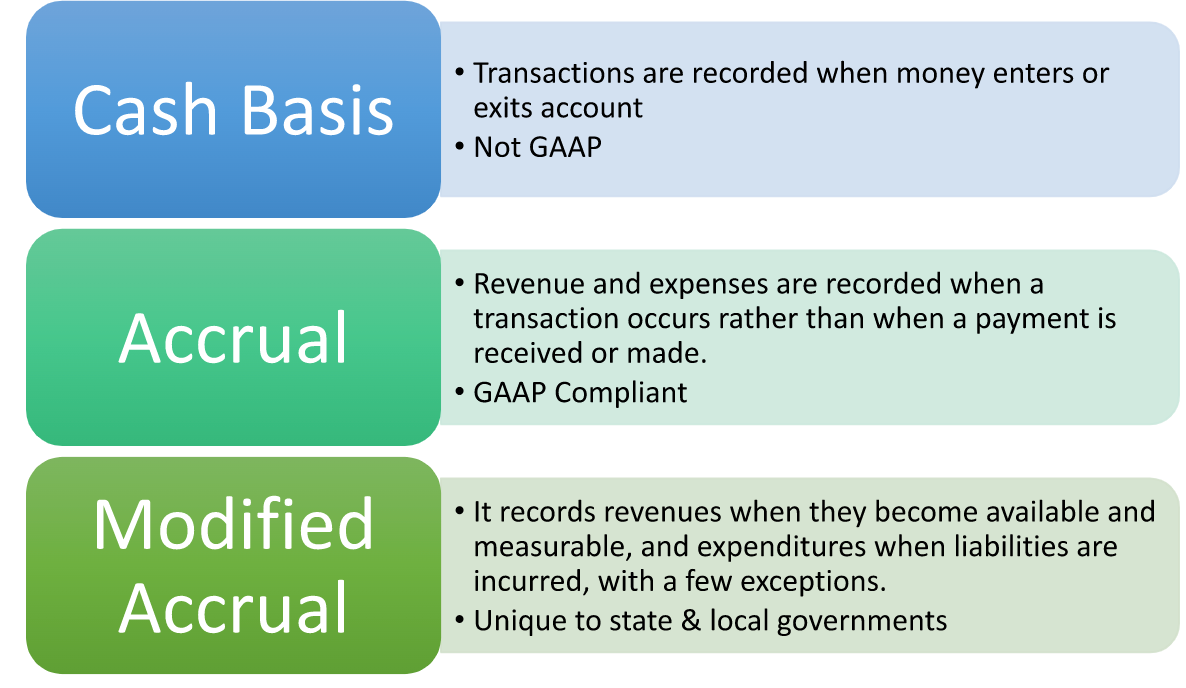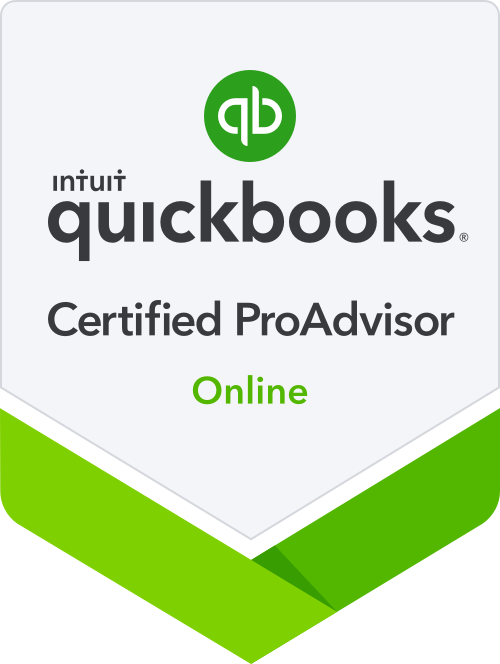New Tax Deductions and Credits
The tax law is constantly changing, making it essential that business owners stay on top of the deductions and credits they are able to take. Pandemic relief is still lingering around, giving employers the ability to take exclusive tax credits while the IRS has altered some of the deductions available for business owners.
The Employee Retention Tax Credit, temporary 100% meals deduction, student loan interest repayment option, and entity-level tax payments are areas where the tax law has changed, making comprehension a must to reduce your tax bill.

Employee Retention Tax Credit
The Employee Retention Tax Credit gives employers a reduction in social security and medicare employer taxes when the business sustained lost income due to the pandemic. Employers can claim a refundable credit if their business experienced a decline in gross receipts compared to the same quarter in 2019 or if their business had to shut down operations due to government orders.
The credit comes with a maximum amount of $5,000 per employee in 2020 and up to $21,000 per employee in 2021. When you claim this credit, you will need to reduce your payroll expenses by the credit amount to avoid double-dipping; however, the credit itself is non-taxable.
100% Meals Deduction
Another area of pandemic relief is found in the restaurant industry. The IRS passed a temporary 100% deduction for all meals at qualifying restaurants to boost the industry. Gas stations, grocery stores, and vending machines are specifically excluded from this deduction. Instead of being able to deduct only 50%, businesses should take full advantage of the 100% allowance for the 2021 and 2022 tax years as this deduction is set to go away in 2023.
Student Loan Interest
Through 2025, employers are able to bypass payroll taxes when they make payments to their employee’s student loans. This amount is capped at $5,250 per employee and can save hundreds in payroll taxes for both you and your employee. Consider offering student loan repayment in your benefits package when bringing on additional help. Many businesses find that offering the repayment option when it comes to bonuses is beneficial for both parties involved.
Entity-Level Taxes
The 2022 filing season will also have more states offering entity-level tax payments. Entity-level taxes occur when pass-through businesses pay income tax at the business level instead of on the individual tax return. This can result in favorable tax savings as the state income taxes are deductible on the federal return and often are lower than what you pay on the individual return. To take advantage of entity-level taxes, you must make estimated tax payments throughout the year on expected business income, making it a planning option that needs to be implemented before year-end.
Summary
These are just a few of the tax changes for the 2022 filing season. You may notice other changes based on your industry and tax situation, making it important to work with an expert to find creative tax-saving methods. The team at Gordian Financial can do just that and more as their team is knowledgeable on everything from bookkeeping procedures to piecing together tax projections.
Reach out today for more information.











